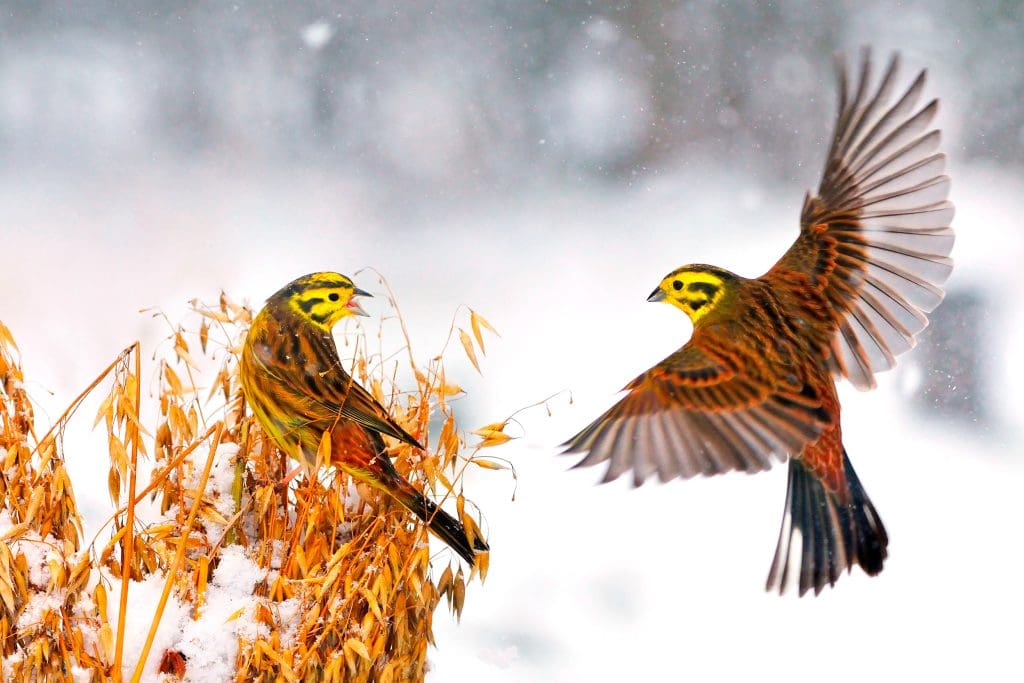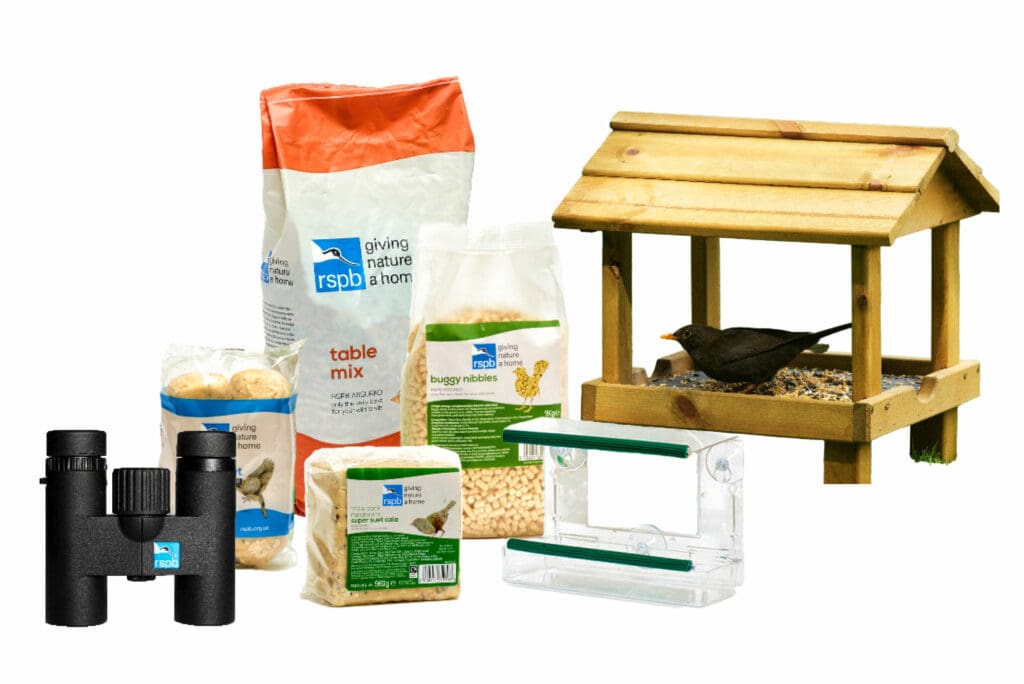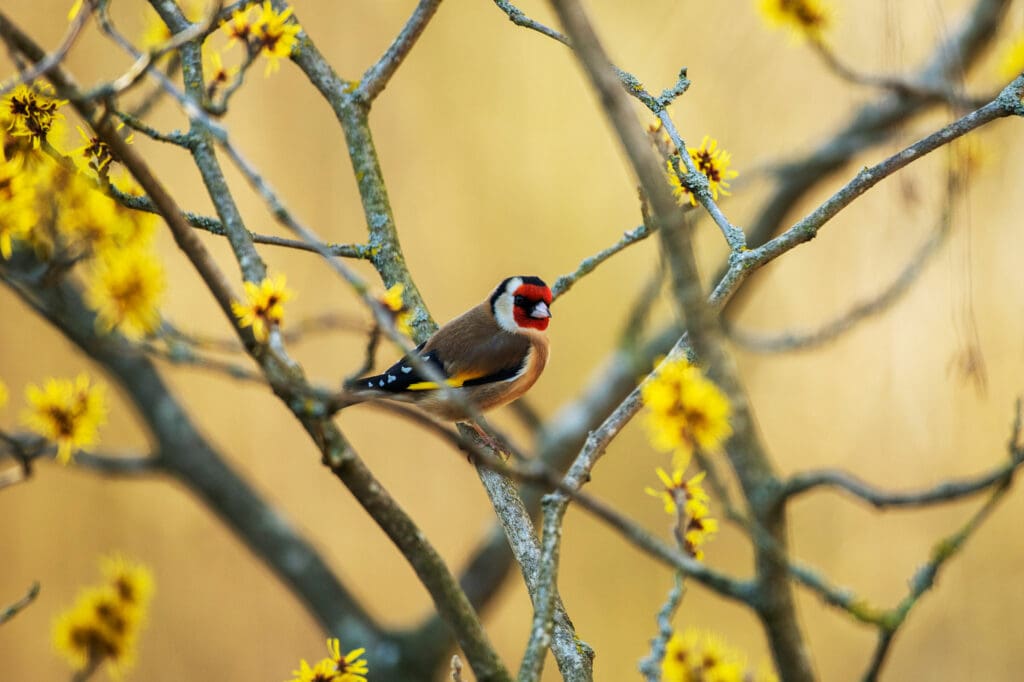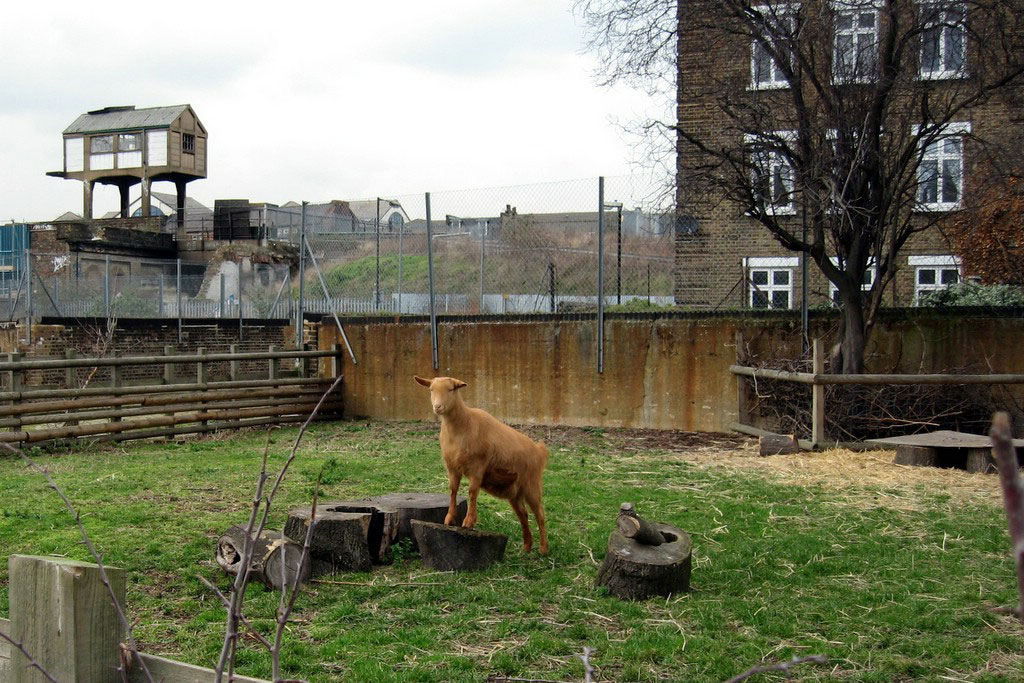As kids we have an innate interest in nature that, especially in urban areas, tends to be kicked out of us by the time we become teenagers. The distractions created by modern technology, social media, and indeed modern society are just some of the things that draw us into a human-centric bubble where the main currency is instant gratification.
For the average townie, the notion of nature is largely shaped by the media who often lead us into thinking wildlife is a rarely observed thing, found in the middle of nowhere and only seen by experts who have spent forever and a day sitting in a flimsy mosquito-infested tree hide. It also costs money to get there. We have been literally brainwashed into thinking that there is no such thing as nature in urban areas, if you discount the Foxes and pigeons.
‘For the average townie, the notion of nature is largely shaped by the media who often lead us into thinking wildlife is a rarely observed thing, found in the middle of nowhere’
I remember having a conversation about nature with my then 12-year-old nephew, Shaun. As a small child he had shown a massive interest in nature and, in particular, birds. He reminded me of myself at that age, drawing wildlife at any opportunity, collecting images of birds torn out of magazines and books and watching copious amounts of David Attenborough programmes. His mother had never shared my wonderment for nature when we were growing up. Indeed, she deliberately shunned anything to do with birds until her later life. And even then, I would occasionally catch her glancing up at a bird secretly trying her best to hide her action from me.
During our conversation, Shaun shocked me when he revealed that he had never seen a real cow before, nor watched waves crashing onto a rocky shore. Up until then he had led his entire life within the confines of West London. This was a phenomenon that I subsequently realised was common amongst urban kids.
The next day I rectified what I deemed as an unimaginable situation and did what any loving uncle would have done. I took him to a city farm.
City farms are an interesting initiative – green, educational spaces with livestock and gardens that connect city people, and especially families with small kids, with farming, food production and, of course, the natural environment. The farms serve as fantastic hubs to bring people of all backgrounds together and are places where they can simply visit or get involved as a volunteer. They are often set up and run by collectives within local urban communities, and the farms themselves reflect the character of the neighbourhood. Best of all, they are all charities and, crucially, are free to enter making them accessible for all households. There are now over 60 such farms across the UK with the one in London’s Kentish Town, squeezed between two railway lines and dense urbanity in Camden, being the first to swing open its gates in 1972. The original concept was to replicate the small mixed farmsteads that existed before the rise of the industrial revolution.
At the time of my visit with Shaun, I was a patron for Spitalfields City Farm in East London, so that was our destination. I loved watching the looks of wonder and awe on my young nephew’s face as he tickled the chins of the goats and patted the necks of donkeys and cattle.
City farms are so important for urban kids and their first engagements with the animals kept there. However, these centres face hardships in terms of funding to keep the places going. Some have been threatened with closure, with a few actually going under, whilst others were rescued by crowdfunding from the community. City farms are clearly important for local communities. If there is one near you then please offer your hand in support.
Listen to this feature here:
You might also like

Feeding the future

Shop for the Big Garden Birdwatch



